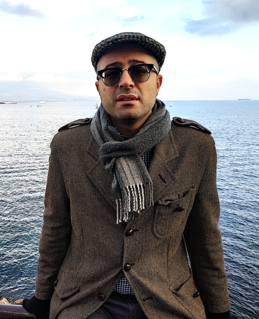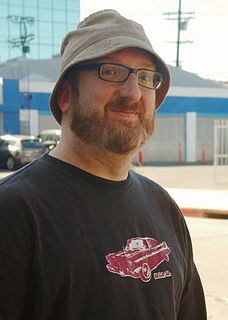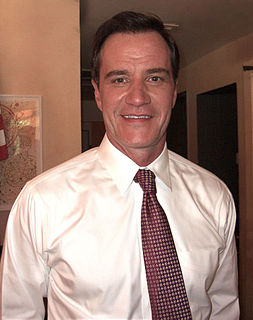A Quote by George Saunders
If you understand writing as primarily engaging an imaginary reader, well, you've kind of been doing that your whole life. You walk into a room and you're engaging with imaginary strangers because you don't actually know who they are. For me, it was really empowering to say: this is a branch of entertainment and communication and engagement, as opposed to jumping over some perceived literary high bar. That was the buzzkill.
Related Quotes
For any artistic person who creates imaginary people, the art is like inhabiting the life and mind of a seven-year-old child with imaginary friends and imaginary events and imaginary grace and imaginary tragedy. Within that alternate universe, the characters do have quite a bit of free will. I know it's happening in my mind and my mind alone, but they seem to have their own ability to shape their destinies. So I'm not shooting for anything. If the characters are vulnerable it's simply because they're very human.
I'd love to write some porn, but I don't know if I have the right engines. When I was a young man and I was tempted to write porn, imaginary parents would appear over my shoulder and read what I was writing; just about the point that I managed to banish the imaginary parents, real children would lean over my shoulder and read what I was writing.
I started to make a joke that I had an imaginary friend underneath the let-out couch named Binky. I would never talk to him; I would only use him as entertainment for other people. I knew they thought that children had imaginary friends, so I was like, "I don't really believe in imaginary friends, but I want to feel like I do." I used to make a joke, "My imaginary friend Binky says this," because I knew it would get a laugh out of them.
I think, you know, for someone who does play, let's say, old music or, you know, Baroque music or Renaissance music - and you know, and I do play a lot of that, obviously - engaging with new composers, engaging with young composers, is really exciting because it makes me look at people of the past in a very different way that they are also living, that there was a lot of subjectivity in the decisions that they were making.
But do you know this idea of the imaginary homeland? Once you set out from shore on your little boat, once you embark, you'll never truly be at home again. What you've left behind exists only in your memory, and your ideal place becomes some strange imaginary concoction of all you've left behind at every stop.
The thing I find really special in performance is that there is this slightly mystical thing that takes over when you're responding to a crowd and engaging in people's imaginations collectively in a room. I've always thought that one of the most incredible things about being alive is going to see some kind of performance like that.






































